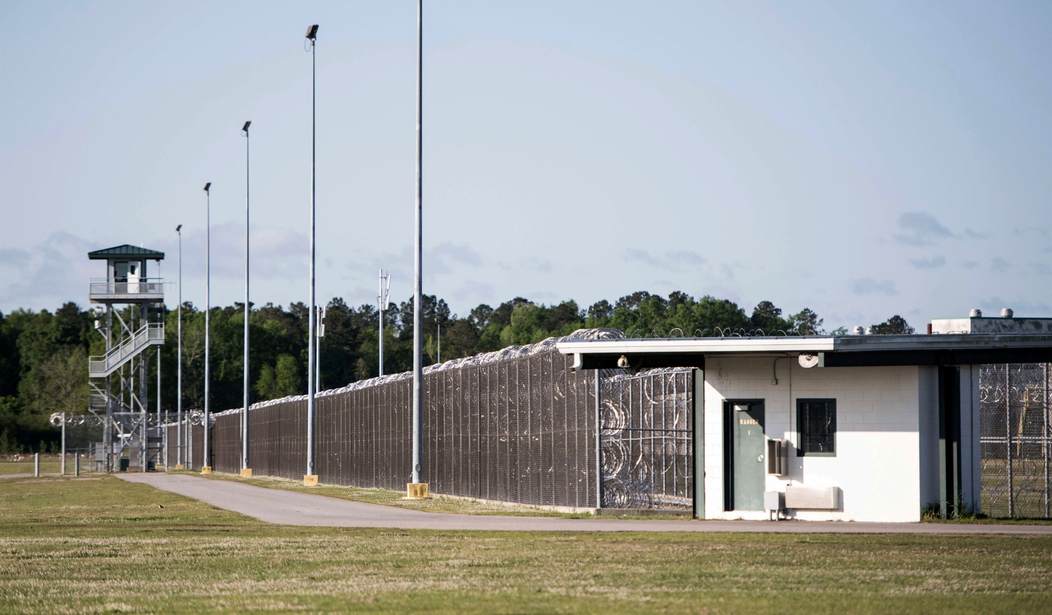America loves to imprison its citizens – and not just for behaviors that violate the rights of others. In fact, the U.S. has the highest prison population in the world – even higher than that of countries with authoritarian regimes like China and Russia. In fact, we spend over $80 billion per year to keep people in prison.
But to add further injury, those who have paid their debt to society after having been incarcerated are further punished because it becomes much harder for them to find sustainable employment, which tends to lead to recidivism for far too many people. Fortunately, some states are finally doing something about it.
The South Carolina Senate passed a measure that would prevent the state from using a person’s prior criminal conviction to deny them a professional license. This is a significant step towards improving the reintegration of individuals who have been previously incarcerated, as occupational licensing requirements can prevent them from starting a career.
The National Conference of State Legislatures noted nearly one in four jobs in the U.S. requires some type of license to work according to WLTX. However, many states, including South Carolina, deny those with criminal records the professional licenses they need to work in a variety of jobs, including barbers, electricians, land surveyors, school bus drivers, and more. This can create a significant barrier to employment and contribute to recidivism rates.
Vice President of Government Affairs for the State Chamber of Commerce Will Frierson told WLTX that, if passed, this legislation could put more South Carolinians to work. “We could roughly probably guess 3,500 or so individuals could benefit from this if we follow the North Carolina’s model,” he said.
The new measure, H.3605, would prohibit state officials from rejecting an occupational license solely because of a previous criminal conviction unless it “directly relates to the duties, responsibilities, or fitness of the occupation or profession for which the applicant is seeking a license.” This means that individuals with a criminal record will have a better chance at obtaining an occupational license if their previous conviction does not relate to their profession.
The bill would also require boards to offer an applicant a hearing before they can deny a license. This ensures that individuals can appeal if they feel that their application has been unfairly rejected.
The Department of Labor, Licensing and Regulation will also send a letter to licensees about complaints against their license that lead to an investigation and inform licensees when matters have been reviewed and resolved. Additionally, licensing boards must designate a hearing officer to attend informal conferences about license investigations when a licensee requests it.
Advocacy group Americans for Prosperity-South Carolina has called on Governor Henry McMaster to sign the bill, saying that it will give those looking to start over a fair shot at success. The State Chamber of Commerce also believes that the bill could help alleviate the state’s labor shortage by providing more job opportunities to individuals who were previously excluded from the workforce.
Many individuals who are incarcerated have been convicted of non-violent crimes, and upon release, face significant barriers to reintegrating into society. Denying occupational licenses to individuals with criminal records is one such barrier, which can make it difficult for them to find employment and lead to recidivism.
According to Wisevoter, “Recidivism rates in the U.S. are some of the highest in the world with almost 44% of criminals released returning to prison within their first year out.”
Being an ex-felon can make it challenging to find employment due to the stigma attached to having a criminal record. Many employers may be hesitant to hire someone with a criminal history, even if they have already served their time and are now looking to move on from their past mistakes. This creates a vicious cycle where ex-felons struggle to find employment, leading them to commit more crimes to make ends meet.
Furthermore, many states have occupational licensing requirements that prohibit individuals with criminal records from obtaining certain licenses. This can make it even more challenging for ex-felons to find employment in certain professions, even if they have the necessary skills and qualifications. Without access to these licenses, they may be forced to take jobs with lower pay and fewer opportunities for advancement, further perpetuating the cycle of poverty and criminal behavior.
This legislation could be a positive step towards promoting fair employment opportunities for those with criminal records. It would provide a fair chance to those who have served their time and are ready to contribute to society.
Overall, the passing of H.3605 in South Carolina is a positive step toward improving the reintegration of individuals who have been previously incarcerated. It demonstrates a commitment to providing opportunities for individuals to succeed and contribute to society, regardless of their past mistakes.
The opinions expressed by contributors are their own and do not necessarily represent the views of RedState.com.












